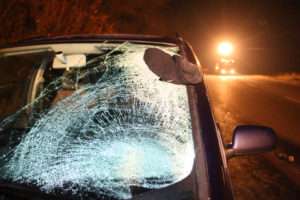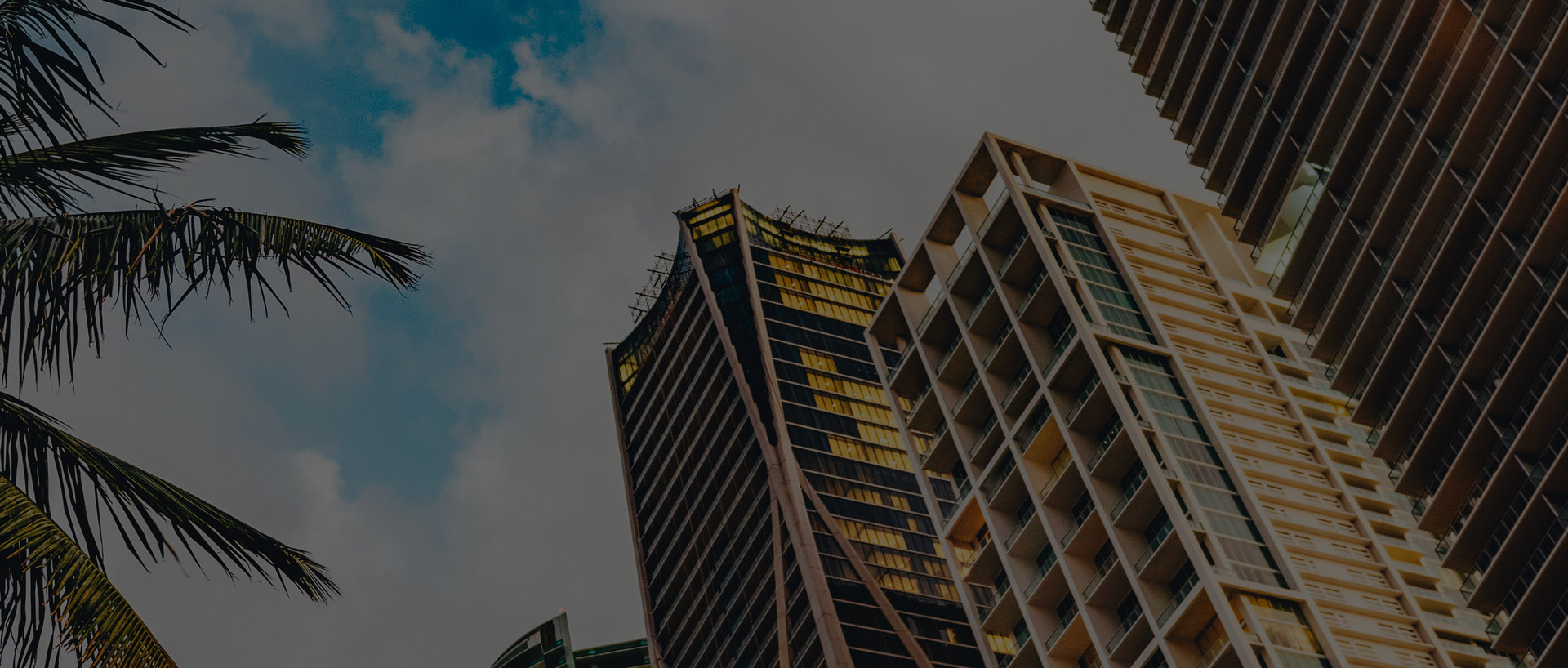
When a person is involved in a car accident, the first thing that comes to mind is bodily injury. Typically, people ask if anyone was hurt or injured.
Property damage to the vehicle is the next thing they may think of after a crash. They may ask whether the car is totaled or if it is driveable.
Unfortunately, property damage claims can be time-consuming and frustrating. You need your automobile to go to work, take care of your family, and run errands. Being without a motor vehicle for even one day can be a considerable inconvenience.
Understanding Florida’s insurance requirements and the laws governing property damage claims can help you get back on the road as quickly as possible.
Table of Contents
Property Damage Car Insurance Coverage Required in Florida
The no-fault car insurance requirements in Florida require drivers to have a minimum of $10,000 of property damage liability (PDL) insurance coverage. However, you may purchase higher amounts of insurance if you desire.
If you own an expensive vehicle, you may want to carry higher coverage limits to cover the cost of repairs. Also, if you have substantial assets to protect, purchasing higher amounts of liability auto insurance can protect you if another party sues you after an accident.
Other types of property damage insurance coverage are available. Optional property damage coverage includes:
- Collision Insurance pays for your insured vehicle’s repair or actual cash value if it collides with another vehicle.
- Comprehensive Insurance covers physical damage to your vehicle caused by theft, vandalism, fire, windstorm, falling objects, flood, and other non-collision damage.
Most lenders require owners to purchase collision and comprehensive coverage in addition to property damage liability coverage.
Who Pays for Repairs to My Vehicle After a Car Accident in Miami, FL?
Because Florida has no-fault insurance, you can file a claim against your PDL policy after a car accident. Your insurance company should pay for damage according to your policy limits. You do not need to prove who was at fault for the cause of the crash to repair or replace your vehicle under your no-fault property damage insurance policy.
Your no-fault property damage insurance won’t cover any damage above the policy limits. However, if the car wreck was not your fault, you might be able to file a claim against the other driver’s insurance coverage for damages. You may also be entitled to reimbursement for your deductible paid when you file a claim with your own insurance company.
Other parties could be liable for your property damage claim. For example, if more than two vehicles were involved in the crash, other drivers may share liability for your property damage claim. Also, defective vehicle parts that contribute to the cause of a car crash could result in a product liability claim.
It is important to note that property damage is separate from a claim for bodily injuries. A personal injury claim is filed against the at-fault driver’s bodily injury liability coverage. Therefore, you can settle your property damage claim while maintaining the right to seek compensation or bodily injuries.
The state requires mandatory no-fault insurance for bodily injury, but it does not require mandatory bodily injury liability insurance. Our Miami car accident lawyer can help you sort out the liability issues after a car accident.
What is My Car Accident Property Damage Claim Worth?
The amount you may recover for a Florida property damage claim after a car accident depends on numerous factors. The type and severity of damage to your vehicle, your liability for the cause of the crash, and available insurance coverage could impact how much money you receive for a property damage claim.
Common property damage claims after a car accident include:
Repairs to Your Vehicle
You have the right to choose who repairs your vehicle and the quality of the parts used to make those repairs.
Totaling Your Vehicle
If the cost to repair your vehicle is too high, the insurance company may declare the vehicle a total loss. The company pays you an amount equal to the vehicle’s fair market value. If you owe a car loan, the car loan must be paid before receiving any money for the settlement.
Miscellaneous Claims
You may also be entitled to compensation for personal property damaged in the accident, such as laptops, tablets, and other items. The insurance company may also pay for a rental car while your vehicle is being repaired or compensate you for the cost of public transportation.
Am I Entitled to Diminished Value as Part of My Property Damage Claim?
Diminished value claims are often overlooked when people settle their property damage claims. However, the value of a diminished value claim can be substantial.
Even minor damage to your vehicle can reduce the value of the car. When you sell or trade-in your vehicle, the prior history of a car accident reduces the vehicle’s value.
Therefore, it is essential to include a demand for diminished value when you file a property damage claim. A diminished value claim compensates you for the difference in the value of your vehicle before the accident and the vehicle’s value after all repairs are completed.
Diminished value claims can be challenging to prove. Be prepared to provide evidence from reputable dealers, repair facilities, and appraisers proving how much your vehicle decreased in value because of the car crash.
Call Now for a Free Consultation with an Experienced Miami Personal Injury Lawyer
If you have questions about a property damage claim or a personal injury claim, contact our law office to schedule a free consultation with one of our Miami car accident attorneys at Shaked Law. We are here to help you get your life back to normal after a car accident.
